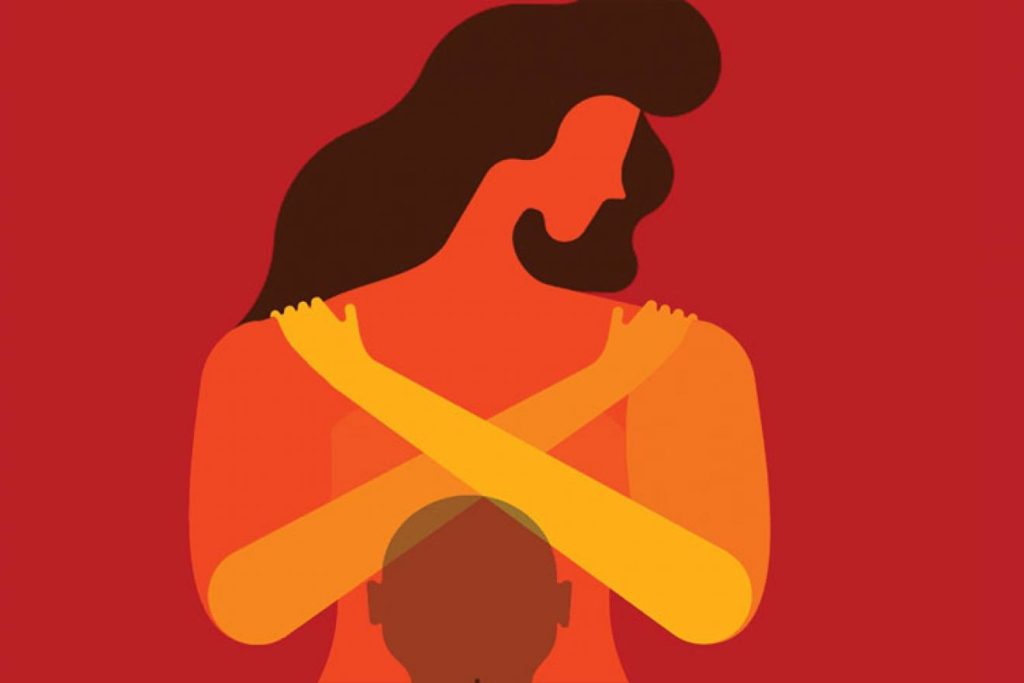In a joint effort to tackle the problem of sexual harassment in cities, 500 young people from Belgium and Spain are meeting on Tuesday during an online event led by the Belgian and Spanish sections of the organisation Plan International.
During the online event "J500", they will define five priorities in the fight against public harassment and draw up 25 recommendations to help European cities combat this phenomenon, which has become worse as the coronavirus crisis resulted in deserted streets.
Girls and women are three times more confronted (91%) with harassing behaviour such as a whistle or a remark on their appearance than men (28%), according to Plan Belgium.
The organisation interviewed 700 young people aged 15 to 24 from Brussels, Antwerp and Charleroi at the end of 2019, during which it also found that one in five girls has already been touched without her consent, or has been"rubbed" in the metro or at festivals.
Of these victims, just 6% tell their teachers or denounce these facts to the police, the survey pointed out.
Related News
- Belgium will combat sexism in the public space
- Brussels' fire department has a discrimination problem: report
"Many young people, especially young women, feel a constant sense of insecurity as soon as they leave home. The situation has worsened during the current pandemic because there are fewer people on the street and the perpetrators are less likely to be caught," a spokesperson from Plan Belgium highlighted.
As a follow up to this study, the organisation launched the digital platform "Safer Cities", with the aim is to identify public places where young people feel uncomfortable, scared or, conversely, happy and safe. More than 1,500 places have been reported since the launch of the scheme.

